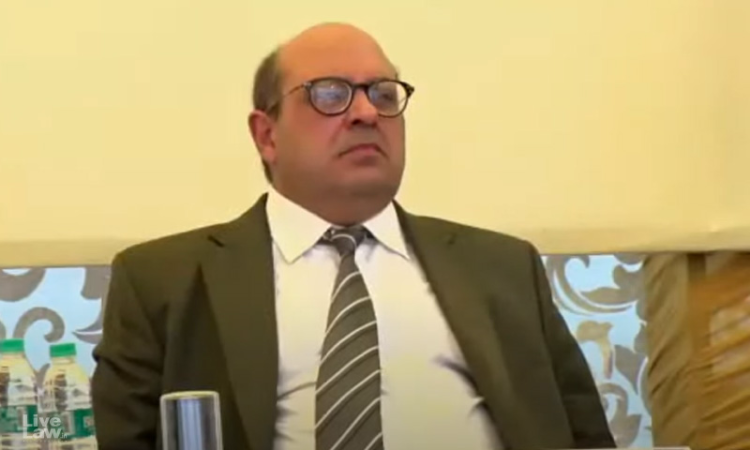'Judges Should Lay Down Law In Continuum Irrespective Of Outcome Of Next Election': Justice Nariman
Aaratrika Bhaumik
14 Aug 2021 10:18 PM IST

Next Story
14 Aug 2021 10:18 PM IST
Justice Rohinton Fali Nariman, former Supreme Court Judge on Saturday observed that it is important for judges to lay down Constitutional law in continnum without being affected by the outcome of the next election. He also remarked about how dissent is very much alive in our Courts today. "The fact that we can write dissent today is a great matter, you finish one judgment and then there are...
